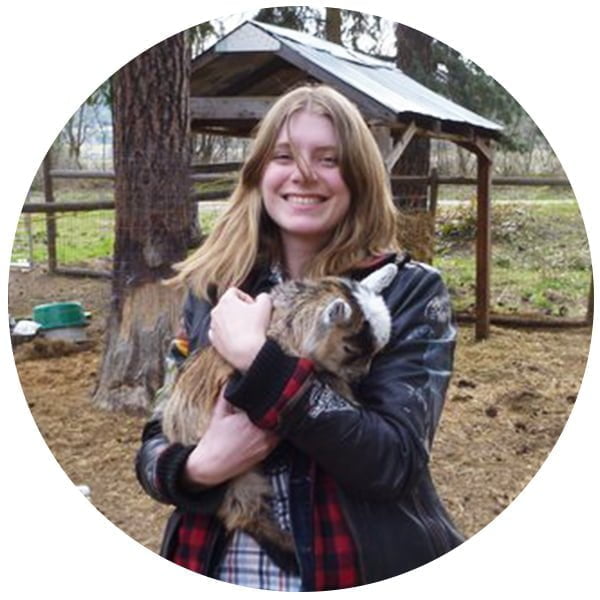In January 2019, the U.S. Supreme Court refused to hear an appeal challenging a ban on foie gras in California which prohibits “force feed[ing] a bird for the purpose of enlarging the bird’s liver beyond normal size…”[1] and selling products derived from this process.[2] The appeal was brought by foie gras producers, seeking to overturn a 2017 ruling that upheld the law.
Quebec is the only Canadian province that produces and exports foie gras[3], and Quebec producers participated in challenging the California ban.[4] The Supreme Court’s refusal to hear the appeal is good news for geese and ducks, who suffer terribly in foie gras production.
What is foie gras, and how is it produced?
Foie gras is marketed as a luxury food and fetches a hefty price in high-end restaurants. It is, as the name implies, the fatty liver of a duck or a goose. How does the liver become so fatty? By force-feeding male birds using a tube to inject a mash of grains and fat into their stomachs in a process called gavage. Birds are kept in tiny cages that severely restrict movement, and are force-fed quantities far beyond what they would voluntarily eat, causing painful health problems. Their livers swell to 10 times their normal size, making it difficult to stand or clean themselves. Thus, they become caked in their own excrement, develop infections, lesions, broken bones, aspiration pneumonia, ruptured organs, and digestive complications.[5] Many birds die from these injuries before slaughter. This is the fate of the male birds. Female chicks are considered useless, and are disposed of by being thrown alive into a grinder.[6]
Do any laws protect birds from this cruelty?
Fortunately, many jurisdictions have banned foie gras production and sale. In addition to the California ban, similar laws exist in regions throughout the UK, Europe, Middle East, South America, and India.[7] However, many countries, including our own, are lagging behind, and industry profit often prevails over prevention of cruelty.
One noteworthy legal victory came in a 2003 ruling from the Supreme Court of Israel which banned foie gras production. The court held that force-feeding geese constituted cruelty, torture, or abuse, and violated the Animal Protection Law. This decision reflects a thoughtful analysis balancing animal and human interests, with due care given to the seriousness of cruelty against farmed animals.
With legal victories for birds now making their way to North America, there is a glimmer of hope that Canadian jurisdictions will follow suit by banning foie gras and its inherent cruelty.
What can be done?
There are several ways to collectively and individually stand up for geese and ducks. For one, you can advocate for stronger protections for farmed animals by reaching out to legislators. Talking within your social circles about the need for change is another helpful way to have a positive impact. Further, you can simply choose not to purchase or eat foie gras. These actions send the foie gras industry a clear and powerful message that cruelty has no future in Quebec.

Kira Poirier is a law student at McGill University and an intern at the Montreal SPCA, where she aspires to use her legal training to protect animals.
Photo of Harper, Kohl and Burton, rescued and recovering from the foie gras industry : © Jo-Anne McArthur | We Animals
[1] California Health and Safety Code § 25981
[2] Ibid § 25982
[3] https://www.mapaq.gouv.qc.ca/fr/Productions/Production/Pages/Elevage-de-canards-et-oies.aspx
[4] See for e.g. http://cdn.ca9.uscourts.gov/datastore/opinions/2013/08/30/12-56822.pdf
[5] https://www.peta.org/issues/animals-used-for-food/factory-farming/ducks-geese/foie-gras/
[6] https://www.mirror.co.uk/news/world-news/shocking-video-shows-hundreds-live-4468027
[7] http://www.hsi.org/world/india/news/releases/2014/07/india-foie-gras-import-ban070714.html





